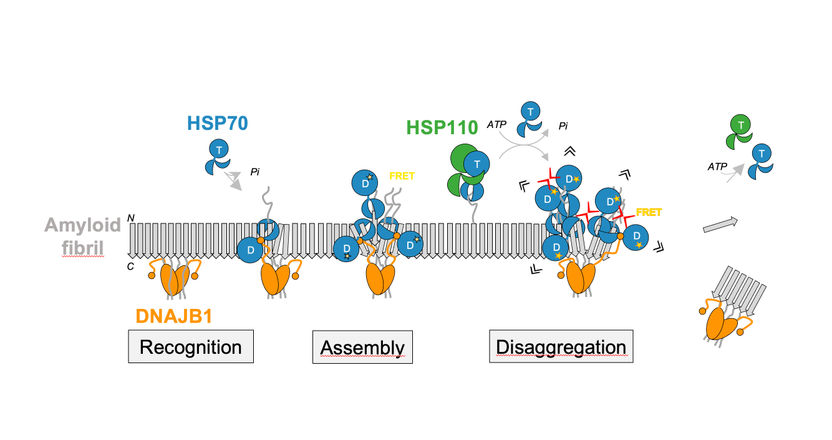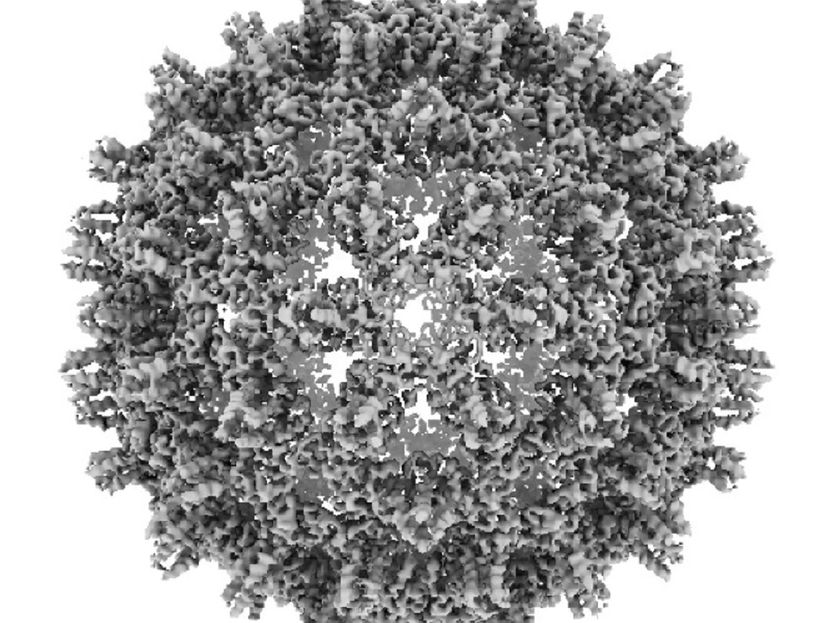Is surgery the only option for meniscal tear and osteoarthritis?
New research finds that for a number of patients physical therapy provides similar improvements in physical function and pain
Many middle age and older adults have disabling knee pain due to a tear in the meniscus, an important supporting structure in the knee that is often damaged in patients with underlying knee osteoarthritis. In the United States, more than 450,000 arthroscopic meniscal surgeries are performed each year to treat meniscal tears. However, there is little data available to clinicians who must decide with their patients whether it is best to treat tears with surgery or with physical therapy. Now, new research from Brigham and Women's Hospital (BWH), suggests that physical therapy (PT) may prove just as effective as surgery for some patients. These findings are presented at the annual meeting of the American Academy of Orthopedic Surgeons and simultaneously published online in the New England Journal of Medicine.
"Since both the patients who received physical therapy and those who received surgery had similar and considerable improvements in function and pain, our research shows that there is no single "best" treatment," said Jeffrey N. Katz, MD, MSc, principal investigator for the trial. "Patients who wish to avoid surgery can be reassured that physical therapy is a reasonable option, although they should recognize that not everyone will improve with physical therapy alone. In this study, one third of patients who received physical therapy ultimately chose to have surgery, often because they did not improve with PT," added Katz, who is director of the Orthopedic and Arthritis Center for Outcomes Research at BWH and Professor of Medicine and Orthopedic Surgery at Harvard Medical School.
These findings are from the MeTeOR (Meniscal Tear in Osteoarthritis Research) Trial, a multicenter study designed by a research team at BWH that involved 351 patients who were over 45 years old with knee pain, meniscal tear and knee osteoarthritis. The patients were randomized to receive arthroscopic meniscal surgery or physical therapy. Those subjects assigned to the physical therapy arm had the opportunity to undergo surgery later in the course of the trial if they wished. Researchers assessed their improvement in functional status using standardized functional status scores after six and twelve months.
The researchers report that subjects assigned to physical therapy and those assigned to surgery both had substantial and similar improvements in functional status. However, researchers also note that these results were achieved in part because one-third of subjects assigned to the physical therapy arm elected to undergo surgery over the course of the study. The remaining two-thirds of patients in the physical therapy group did achieve similar improvements in pain and physical function compared to the surgical group, but without undergoing surgery.
"We hope these findings will help physicians and their patients with knee pain, meniscal tear and osteoarthritis to discuss the likely outcomes of surgery and physical therapy and make informed treatment decisions," said senior author, Elena Losina, PhD, co-director of the Orthopaedic and Arthritis Center for Outcomes Research at BWH and Associate Professor of Orthopedic Surgery Harvard Medical School.
"These results are extremely valuable and will enable us to work with patients and their families to identify the treatment that is best aligned with patients' preferences," said John Wright, MD, an orthopedic surgeon at BWH and lead orthopedist on the study.
Other news from the department science

Get the life science industry in your inbox
By submitting this form you agree that LUMITOS AG will send you the newsletter(s) selected above by email. Your data will not be passed on to third parties. Your data will be stored and processed in accordance with our data protection regulations. LUMITOS may contact you by email for the purpose of advertising or market and opinion surveys. You can revoke your consent at any time without giving reasons to LUMITOS AG, Ernst-Augustin-Str. 2, 12489 Berlin, Germany or by e-mail at revoke@lumitos.com with effect for the future. In addition, each email contains a link to unsubscribe from the corresponding newsletter.
More news from our other portals
Last viewed contents

Machine learning improves biological image analysis - International team of researchers develops algorithm that accelerates super-resolution microscopy

Unexpectedly potent protein droplets - Researchers discover new pathomechanism of hereditary diseases in cell condensates

How Molecular Chaperones Dissolve Protein Aggregates Linked To Parkinson’s Disease - Researchers unravel the mechanism of amyloid fibril disaggregation
Apotex Inc. Acquires Topgen E.S.V. in Belgium from Zambon

Unraveling key determinant of successful therapeutic vaccination against chronic hepatitis B
Biovitrum has Completed an Exploratory Clinical Phase II Study in Glaucoma

Optek-Danulat GmbH - Essen, Germany

Unique nasal microbiome

Antibodies from llamas could help in fight against COVID-19 - Scientists were inspired by antibodies produced by a llama named Winter

The first kobuviruses described from Africa



















































